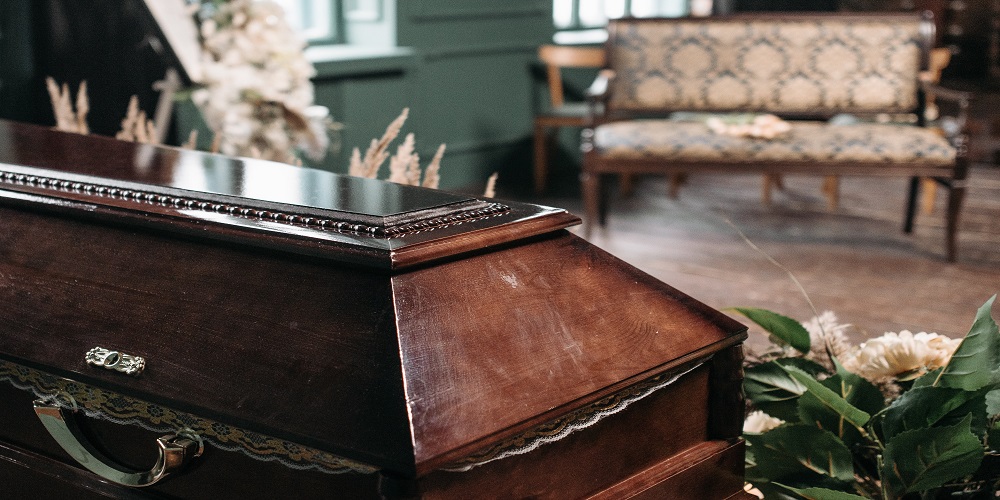Losing a loved one is a difficult experience for anyone to go through. In addition to grieving and coping with the loss, family members are also tasked with making important decisions about the final arrangements for their loved one. One of the most significant decisions is whether to opt for cremation or burial. This decision is based on several factors and can be a tough one to make. This article will provide a comparison of cremation vs burial options to help you make an informed decision.

Burial Options
Burial is a traditional and widely recognized option. A burial involves interring the body in a casket in the ground, typically in a cemetery. Burials have a long history and are often associated with religious and cultural practices. Here are some factors to consider:
- Cost – Burials are typically more expensive than cremation. The costs can include the casket, burial plot, grave marker, and opening and closing the grave. It is important to remember that the costs can vary depending on the location and specific cemetery.
- Religious Beliefs – If religious beliefs dictate that burial is the proper way to dispose of remains, then that may be the best option.
- Environmental Impact – Burials can have a significant impact on the environment. The use of caskets and embalming fluids can be harmful to the soil and surrounding areas. Some people choose to opt for a green burial, which involves using biodegradable materials and avoiding embalming.
Cremation Options
Cremation is becoming an increasingly popular option. Cremation involves reducing the body to ash through high temperatures. The ash is then placed in an urn or scattered in a location of the family’s choosing. Here are some factors to consider:
- Cost – Cremation is generally more affordable than a burial. The cost can vary depending on whether or not a service is held, the urn selected, and if the ashes will be scattered or buried.
- Flexibility – Cremation provides more flexibility with regard to timing and location. Families can choose to hold a service before or after the cremation process and can scatter the ashes at a location that was significant to the loved one.
- Religious Beliefs – Some religions allow cremation, while others do not. It is essential to check with religious leaders to see if cremation is an acceptable option.
- Environmental Impact – Cremation can have a more positive impact on the environment than a burial. It eliminates the need for embalming fluids and the use of a casket. Cremation also requires less land space than a burial plot.
Factors to Consider
When making a decision about either of the two options, there are several factors to consider, including:
- Cost
- Religious beliefs
- Environmental impact
- Personal preferences
- Family traditions
It is important to weigh all of these factors carefully and consider what is most important to you and your family.
Final Thoughts
Choosing between cremation and burial is a personal decision that should be made based on careful consideration of several factors. Both options have their advantages and disadvantages. It is important to think about what is best for your family and what your loved one would have wanted. Remember that this is a decision that will affect your family for years to come. If you are unsure about which option to choose, speak with a funeral director or a professional who can provide guidance and help you make an informed decision. It is also essential to discuss your wishes with your family to ensure that they are aware of your preferences. Remember, the decision between cremation vs burial is a personal one, and it is important to make the best decision for you and your loved ones.